Shaivas are devotees of the Hindu God Shiva. While Shaivism contains within it a number of traditions and theologies, Shaivas will regard Shiva as the transcendent Lord who creates the cosmos, maintains it and destroys it over and over again. He also conceals himself through his magical power (maya) and reveals himself through grace. Most Shaivas believe in the standard Hindu doctrine that the soul travels through many lifetimes in the cycle of reincarnation (Samsara) and that the kind of rebirth the soul experiences is determined by its action (karma). The ultimate goal of life is salvation or liberation (Moksha) from the cycle of reincarnation attained by a degree of effort but ultimately through Shiva’s grace.
The worship of Shiva is very ancient in India. Hymns to Rudra, a name of Shiva, are found in the Veda, the earliest Hindu scriptures regarded as revelation (c. 1500 BCE), though worship of Shiva may have its origins in the Indus Valley civilisation (c. 2000 BCE).
This is concise manual to initiate the reader before taking up the more sophisticated texts related to Saivism.

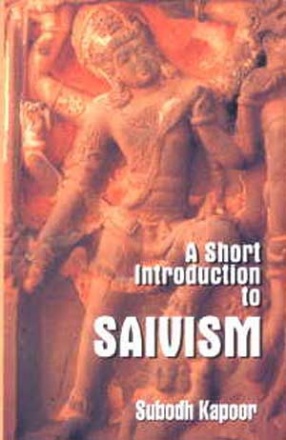
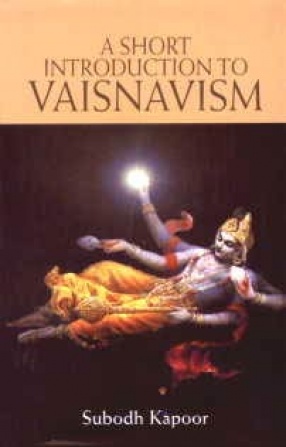
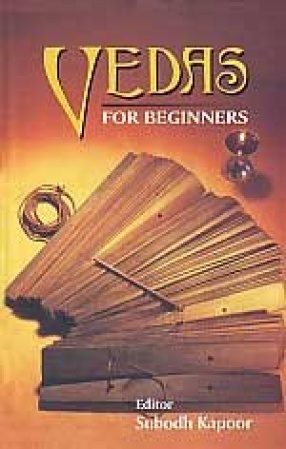
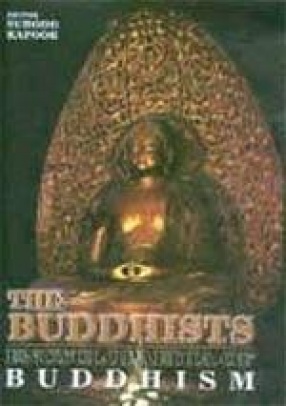
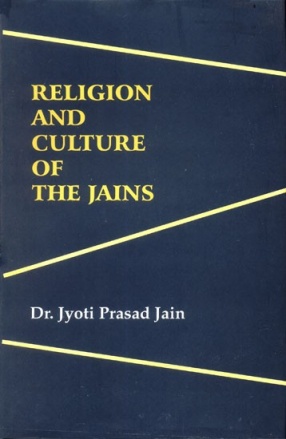


There are no reviews yet.